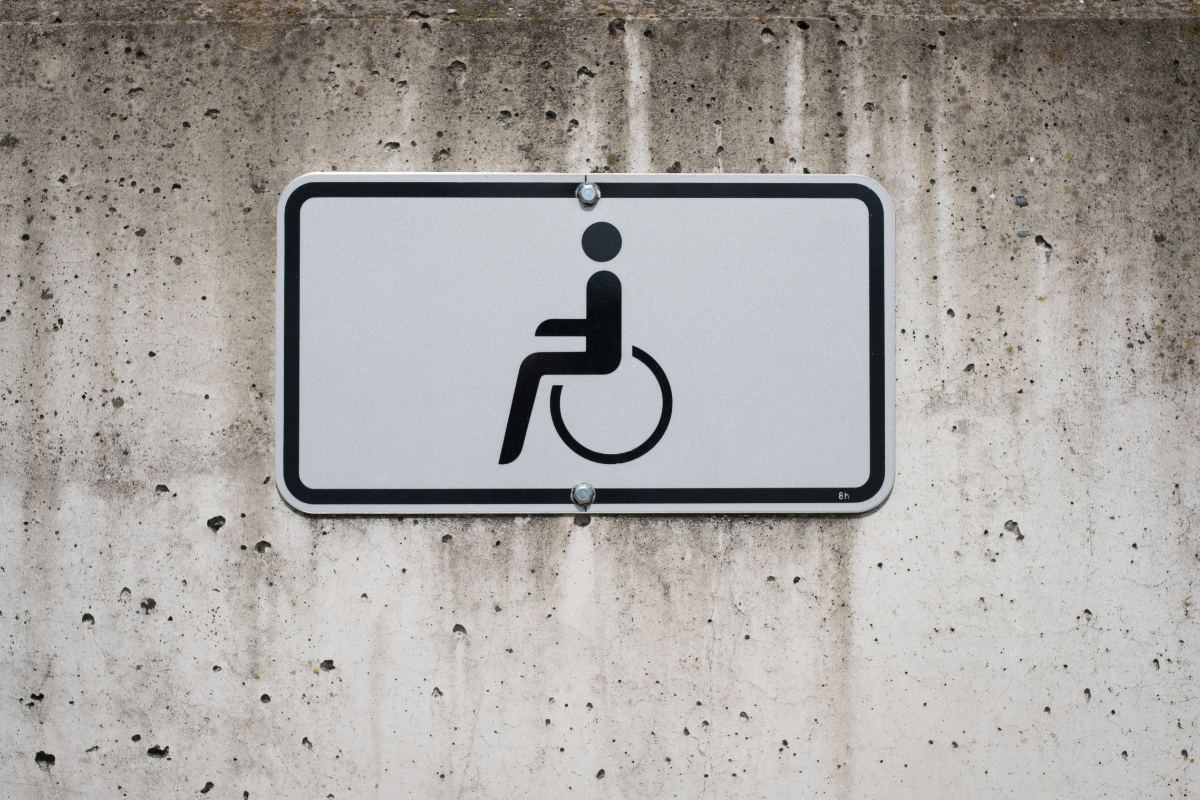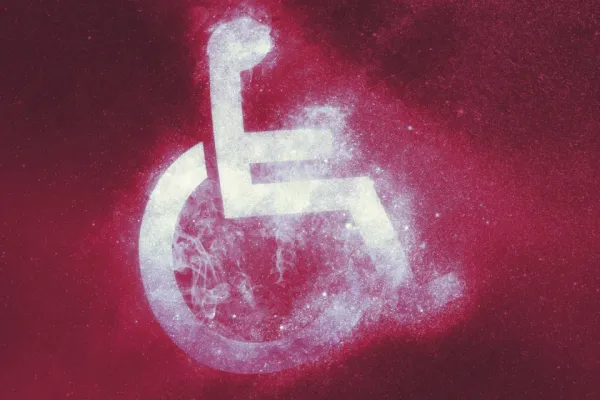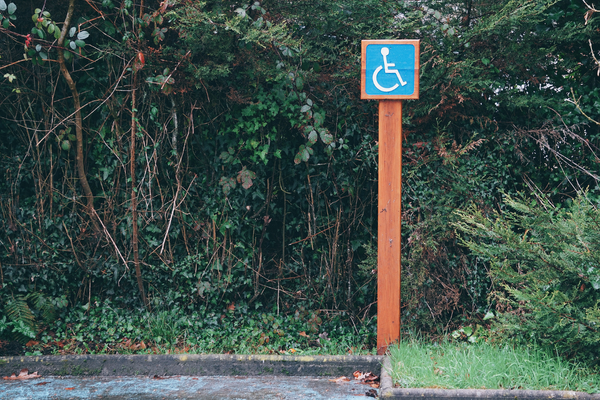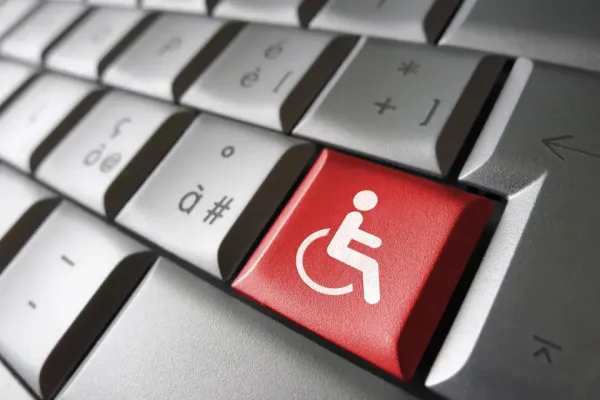8/27/25 - A quarter, ugly laws, and electronic speech

Hello!
Today we have some followup on the new US quarter honoring disabled activist Stacey Park Milbern, plus articles on one of the more "ugly" episodes in disability history, and some thoughts on the value of ultra-high-tech research meant to bridge people's disabilities.
Also, a reminder ... If you are signed in with a free or paid subscription, you can leave comments on each edition of Disability Thinking Weekday. Just scroll to the bottom and look for the comment icon. It looks like a little word balloon. Click that and share your responses with other readers.

Disability Community Gathers to Celebrate Release of U.S. Quarter Featuring Activist Stacey Park Milbern
Naomi Hess, American Association of People with Disabilities - August 16, 2025
"Babcock continued, 'This quarter that we’re celebrating tonight is a visible and tangible way that you can hold in your hand to honor her life and her work and to bring awareness and attention to the causes that she advocated so strongly for, and to connect us all through community' ... Milbern’s parents and siblings gave remarks on what this honor meant to their family. They shared a few examples of the many ways Milbern devoted herself to disability justice: she advocated for power companies to protect disabled people during power outages, formed an emergency response network during the peak of the COVID-19 pandemic, visited people with disabilities in institutions, and provided support as they transitioned to community living."
This AAPD article is a lovely and informative recap of the ceremony introducing the new quarter dollar coin issued by the US Mint, honoring Stacey Park Milbern. I just ordered two rolls of those coins. I look forward to spending at least some of them into circulation in my area!
Ugly Laws: The Blueprint For Trump’s Anti-Homeless Crusade
Julia Métraux, Mother Jones - August 22, 2025
"In fact, there’s a throughline from San Francisco to Trump’s anti-disability, anti-homeless agenda: as far back as 1867, San Francisco was the epicenter of a spate of “Ugly Laws,” a legislative crackdown on poverty and disability that closely parallels the Trump program on housing and institutionalization."
Ugly Laws has to be one of the top five things about disability that people should know about most, but actually know and understand the least. Disabled people especially need to know more about this social and legal trend in US history. And we need to learn about it today, because the same sentiments and responses to seeing disabled people in public are regressing – quite quickly and smoothly, too. Old habits and attitudes return easily. Or maybe they never really went away.
New Brain Device Is First to Read Out Inner Speech
Emma R. Hasson, Scientific American - August 14, 2025
Recommended by paid subscriber Franke James
"'As researchers, our goal is to find a system that is comfortable [for the user] and ideally reaches a naturalistic ability,' says lead author Erin Kunz, a postdoctoral researcher who is developing neural prostheses at Stanford University. Previous research found that 'physically attempting to speak was tiring and that there were inherent speed limitations with it, too,' she says. Attempted speech devices such as the one used in the study require users to inhale as if they are actually saying the words. But because of impaired breathing, many users need multiple breaths to complete a single word with that method. Attempting to speak can also produce distracting noises and facial expressions that users find undesirable. With the new technology, the study's participants could communicate at a comfortable conversational rate of about 120 to 150 words per minute, with no more effort than it took to think of what they wanted to say."
I'm glad the researchers recognize that their goal is to help actual disabled people the way they want to he helped, not to eliminate disabilities or impress investors. My default position is to be skeptical of high-tech, futuristic "solutions" to disability problems. I'm not against this kind of research and development. But like many disabled people, I'm always a little worried that the latest cutting-edge tech will distract people and draw resources away from more conventional, affordable accessibility solutions that we already know can help far more disabled people immediately – not a very few disabled people ten or twenty years from now. Still, like other "basic research," efforts like the one in this article don't have to change disabled people's lives all at once to be valuable. They don't even have to succeed all the time to justify the investment. We never know which trials and errors today might lead to genuinely empowering and practical new tools tomorrow.






Disability Thinking Weekday is a Monday-Friday newsletter with links and commentary on disability-related articles and other content. Please like, share, comment, and subscribe — for free, or with a paid subscription.
A free subscription sends a newsletter to your email each weekday, and gives you access to the comments. Benefits of paid subscription also include:
- A monthly recap with links to all of the previous month's shared articles, organized by topic.
- Listing as a supporter, and a link to your website if you have one.
- You can recommend one disability-related article for me to share per month in a weekday post.
To to subscribe, upgrade to paid, or make a one-time donation, click one of the buttons below:
I am so grateful for your help and engagement, in whichever forms you choose!



